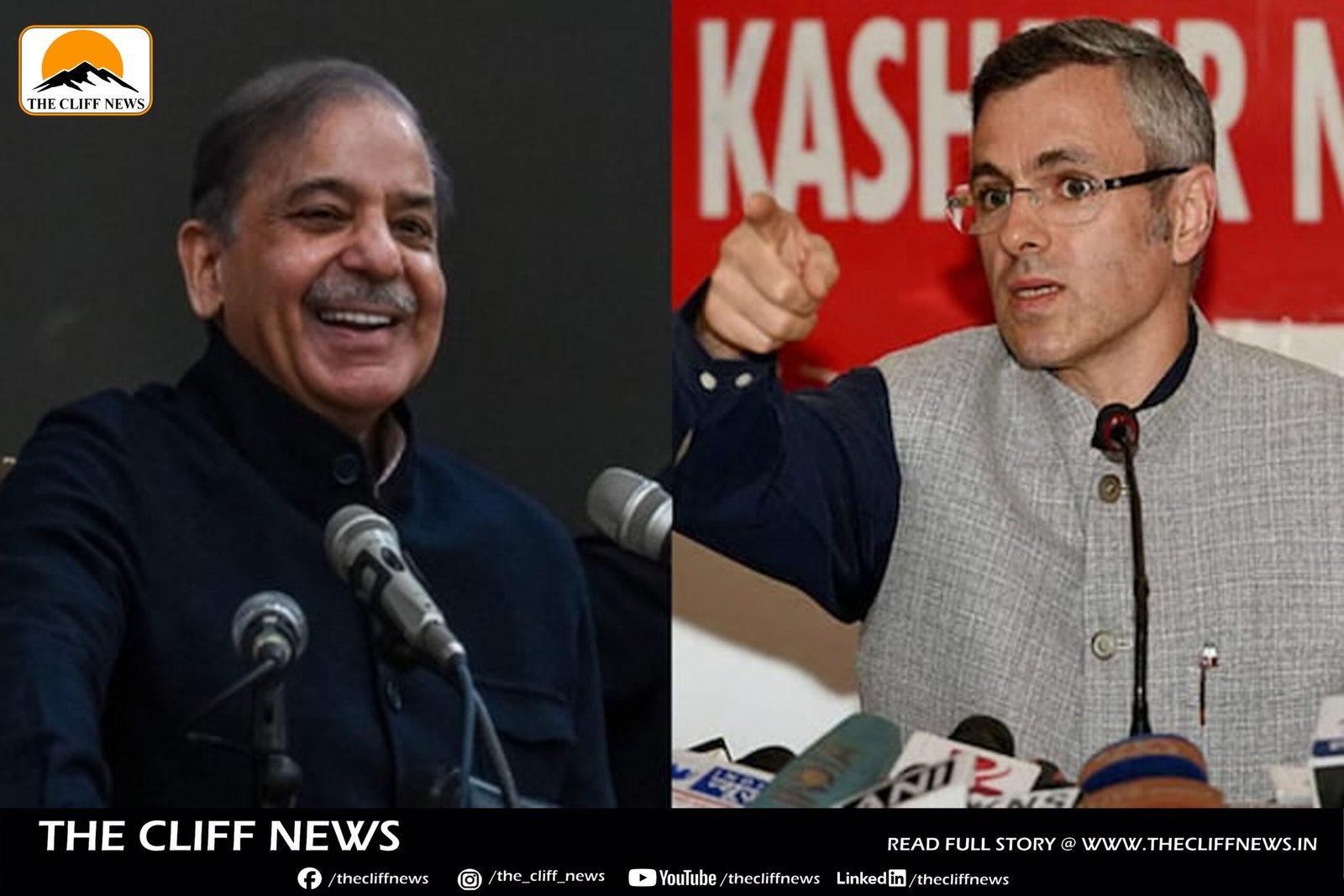The IMF’s approval of a $1 billion loan to Pakistan amidst an active military escalation with India has triggered a wave of sharp criticism and diplomatic concern, particularly from Indian political and strategic circles.
Omar Abdullah Leads Political Outcry
Jammu and Kashmir Chief Minister Omar Abdullah strongly criticized the move, saying on X (formerly Twitter):
“I’m not sure how the ‘International Community’ thinks the current tension in the subcontinent will be de-escalated when the IMF essentially reimburses Pakistan for all the ordnance it is using to devastate Poonch, Rajouri, Uri, Tangdhar & so many other places.”
This sentiment resonated across Indian social media, with many accusing the IMF of indirectly funding a military offensive.
India’s Formal Objection at IMF
India had already raised serious objections during the IMF’s board meeting on Friday. The Indian delegation abstained from the vote on the loan package, which included:
- $1 billion under the Extended Fund Facility (EFF)
- $1.3 billion under the Resilience and Sustainability Facility (RSF)
While abstention might appear neutral, it was, in diplomatic terms, a measured protest. India highlighted Pakistan’s poor track record with IMF funds and emphasized the risk of these resources being misappropriated to fund cross-border terrorism and military aggression.
Timing and Optics Raise Global Questions
The timing of the IMF’s approval—within hours of Pakistan’s Operation Bunyan Ul Marsoos, which involved drone and missile strikes (including the Fattah-1 missile) on Indian territory—has sparked serious questions about the fund’s vetting processes and its political optics.
Critics argue this disbursement:
- Sends conflicting signals about international intentions toward peace in South Asia.
- Potentially undermines efforts by countries trying to de-escalate tensions.
- May inadvertently incentivize aggressive posturing by Pakistan’s military.
Broader Implications
This episode underscores a critical geopolitical dilemma: How should international financial institutions engage with unstable or conflict-prone nations without becoming complicit in exacerbating violence or instability?
India, while calling for de-escalation, is now caught in a broader diplomatic balancing act—engaging global forums, addressing domestic outrage, and maintaining operational readiness on the ground.



